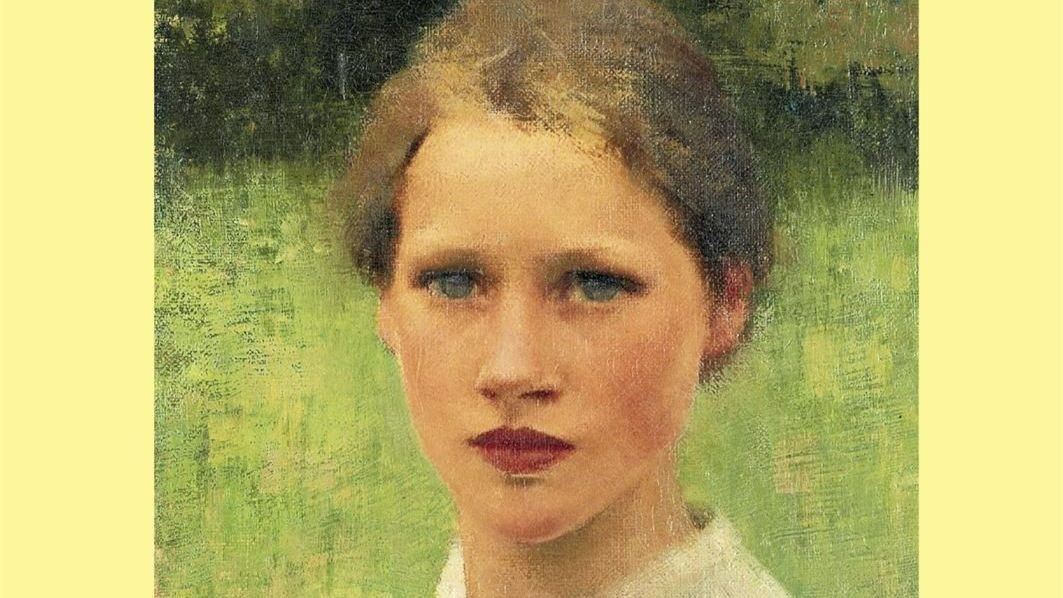In 1995, a few years after the fall of the Berlin Wall (1990) and some embers of divided Germany and the Cold War were extinguished (1991), one of those exceptional, transcendent novels, which became classics of its time, was published: “The Reader” was its title and Bernhard Schlink (b. in Bielefeld, 1944) was its author, a German judge and university professor who had barely come to narrative literature from the detective side (after all, he was a judge) with the novels of the Selb cycle in a Germany dedicated to self-reflection, revision, direct confrontation with the horrors of its terrifying and turbulent past (1939-1945), the Second World War with its shocking Holocaust and the immediate and very prolonged Cold War ( 1947-1991).
“The Reader” was translated into 40 languages, it was made into a film in 2008, and after other Schlink titles, the most recent one, “La nieta” (Anagrama, 2023), was published in a careful translation into Spanish by Daniel Najmías. It is a new twist to the German issue located in a still current past of east-west opposition or democratic republic-federal republic, with its conflictive dynamics of borders, refugees, opposing political systems and even contrary to capitalism (USA) and of communism (USSR).
“The Granddaughter” therefore has a clear ambition for totality and a comprehensive approach. That definition applied to the novel as a textual construction of a “private fictional world in a private tone” is not applied here except with important restrictions: those that confront its protagonists (Kasper, Birgit, Leo, Svenja, Sigrun) and those that frame them. and constrain fundamental aspects of the human being: existence, thought, human relationships, political-cultural-religious ideas, etc. In short: the old and residual anti-Semitic Germany, closed and oppressive, dictatorial and anachronistic and, in front of it, another in search of itself, cultured and tolerant, faced with the terrifying ghosts of its recent past, prone to a coexistence without tensions .
We are, then, facing a story, first deeply human, but of course marked by a tragic rupture that divides the community and its citizens who seek, on the contrary, new and freer ways of life; new forms that overcome individual and community experiences. All of which implies attitudes of search, dialectics, closeness and ruptures; signs and messages of change in the face of monolithic power. The granddaughter goes through successive stages: individual and society, present and past and has a fundamental support in the attitude of search, in the encounter with the truth underlying the reality of the facts and their circumstances.
The writer succeeds in the thorny and fragile outline of the grandfather-granddaughter relationships reflected with an authenticity outside of easy emotional or simply sentimental conventions. Furthermore, the arguments anchored in the weight of traditional lifestyle patterns are not without solidity. The result has evident plausibility, free as it is from conventions, clichés or fallacies. The examination to which the writer subjects the protagonists, dissimilar and victims of a life that is tearing them down, bending them, is certainly convincing to the reader.
The two Germanys come together in this story that only finally has a violent climatic rebound of tragic sign, which is of course preceded by the shocking figure of Birgit. It is still significant that music is key to the German vision of the world that Kaspar champions with determination and conviction. “The Granddaughter”, in short, is a novel that at times, but until the end, accompanies us, stubborn and insistent, until it focuses on memory, which is the best gift that literature can give us, but not the only one. This “granddaughter” is truly memorable.
2024-02-29 23:35:17
#books #Germany #walls

